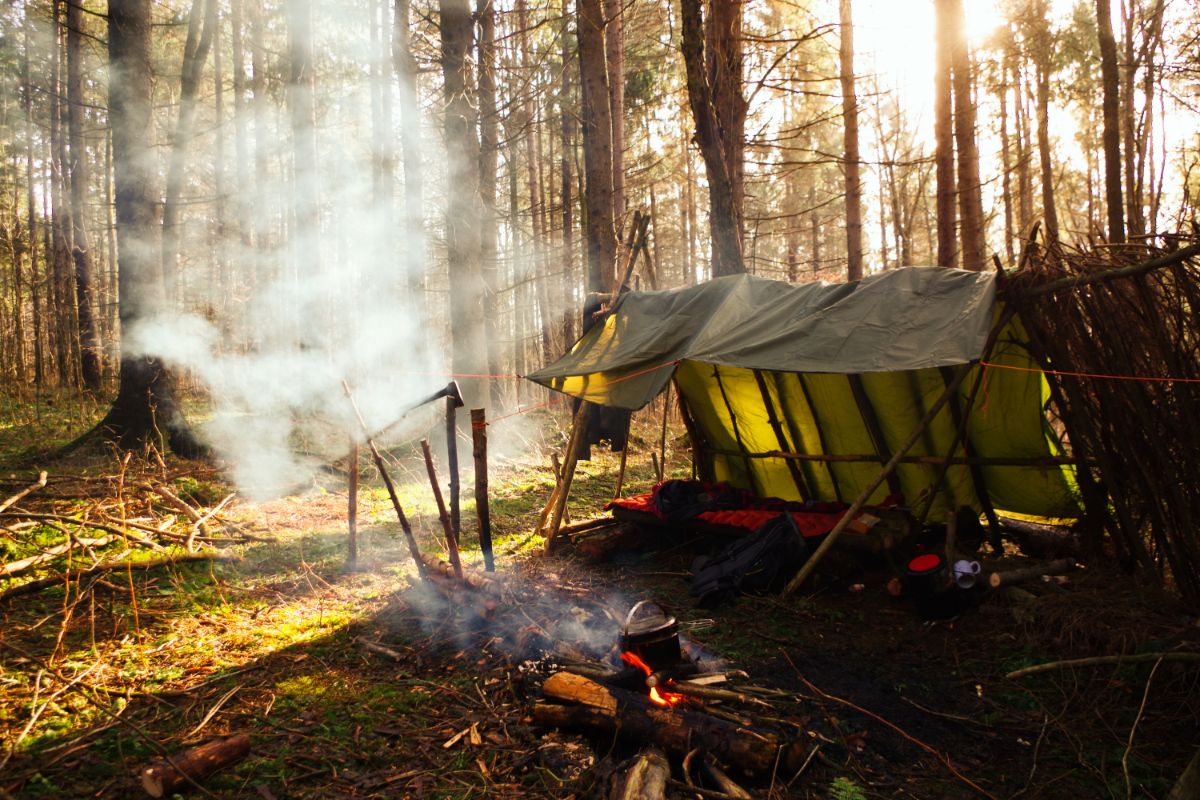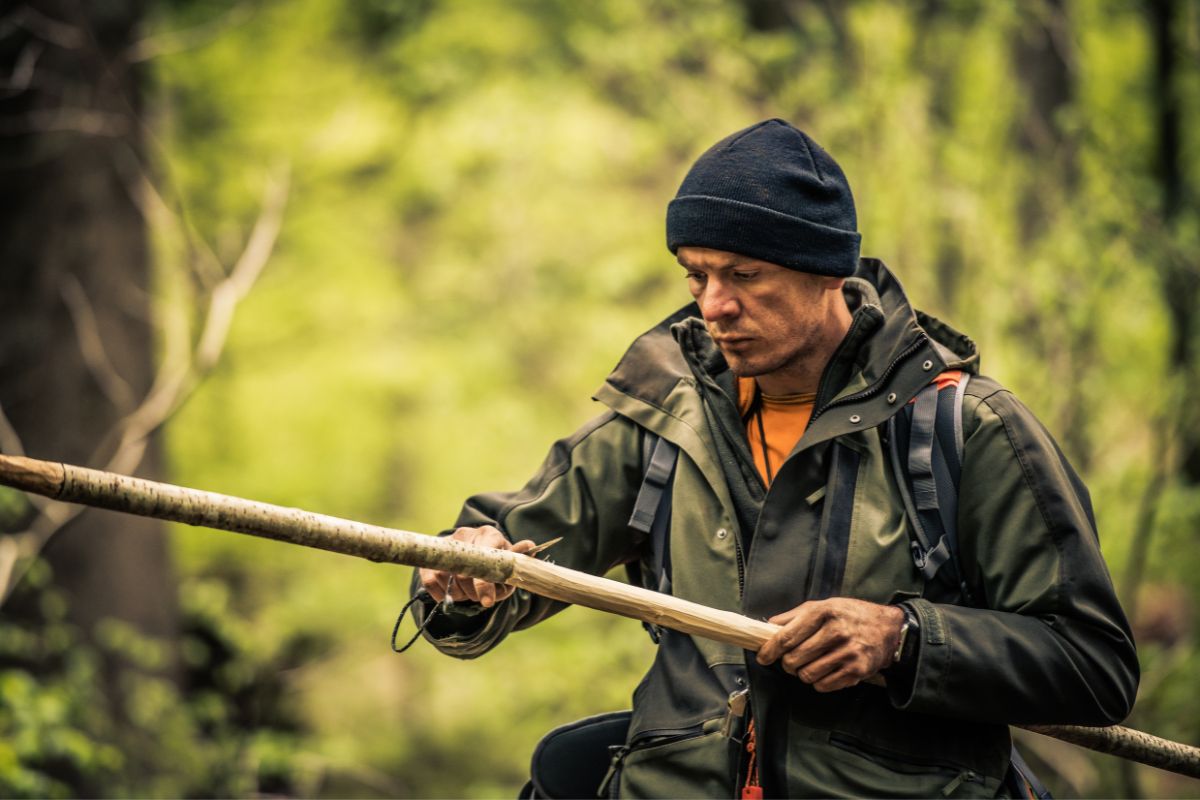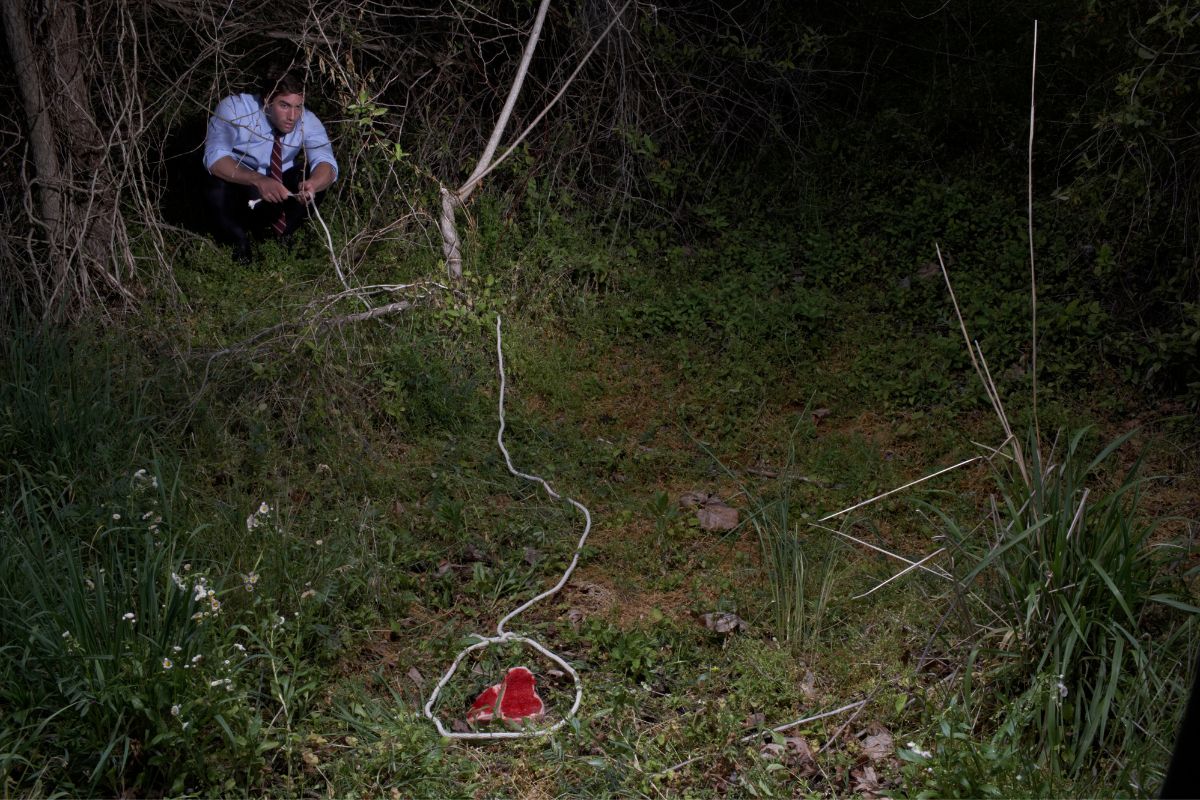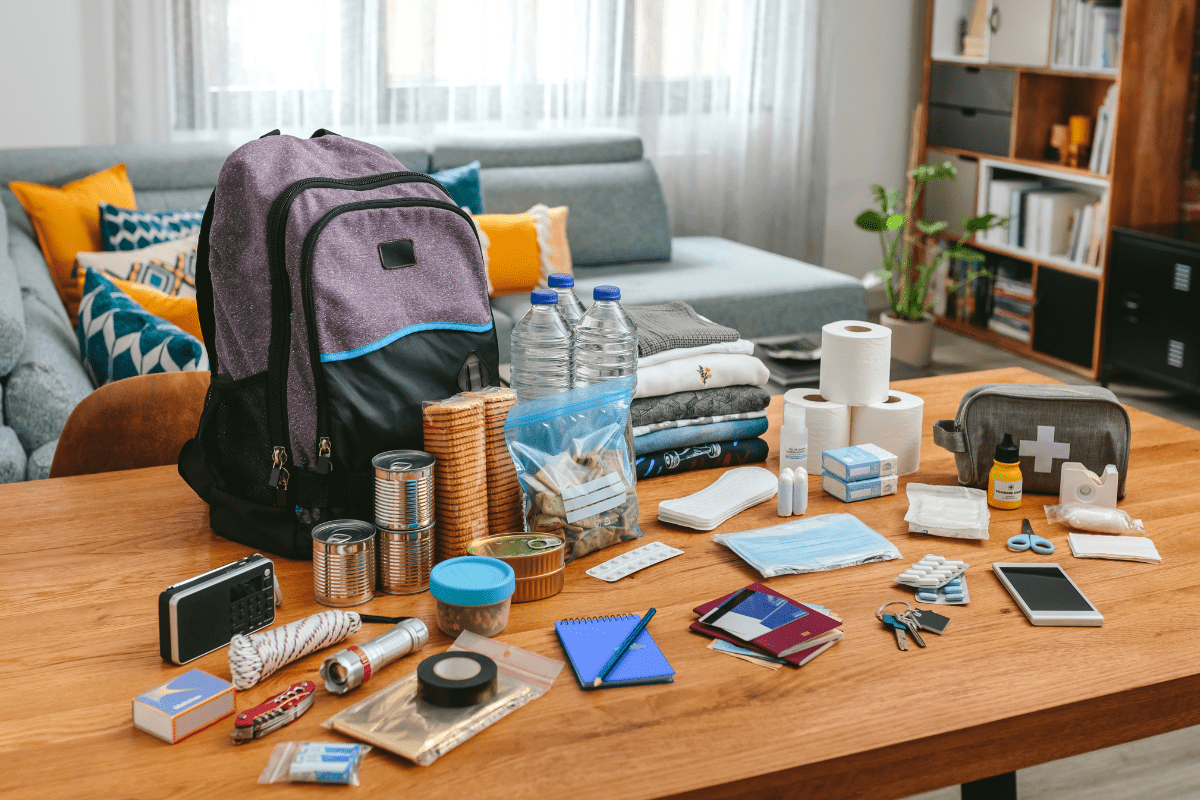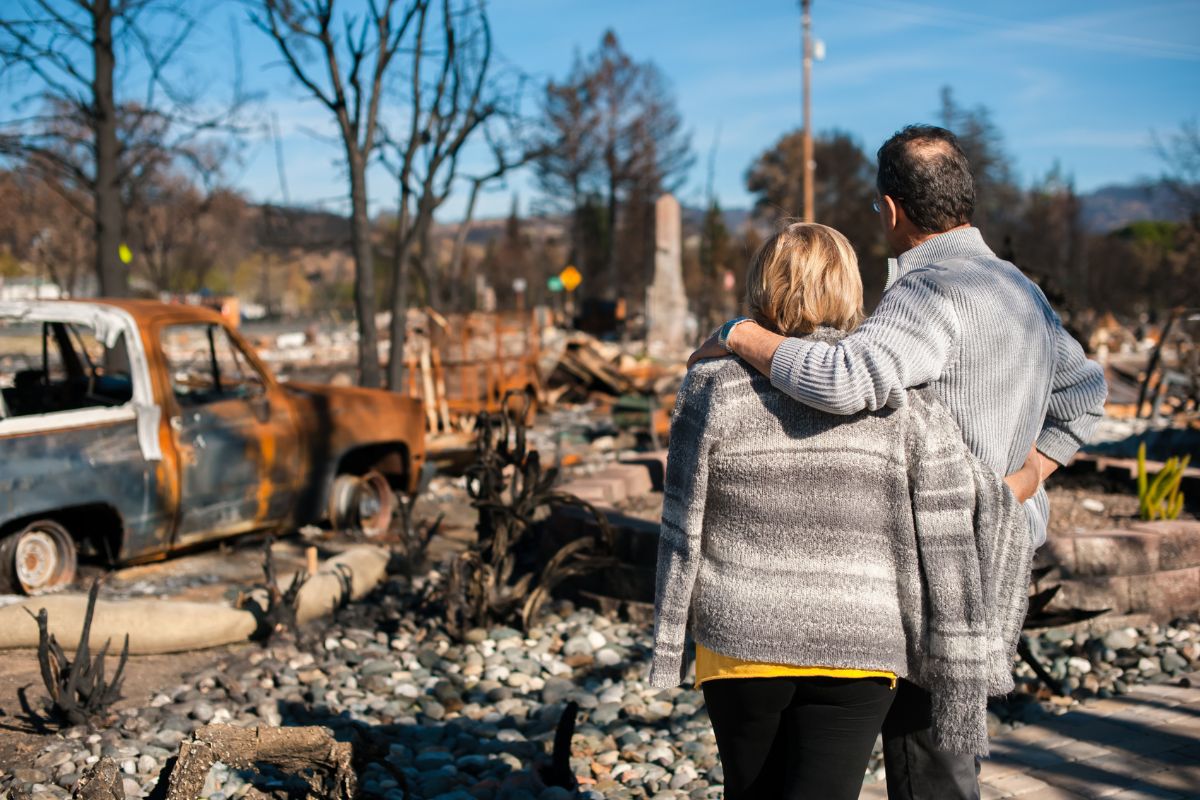Natural disasters are very stressful, life-altering events, and they have a big effect on children. ]
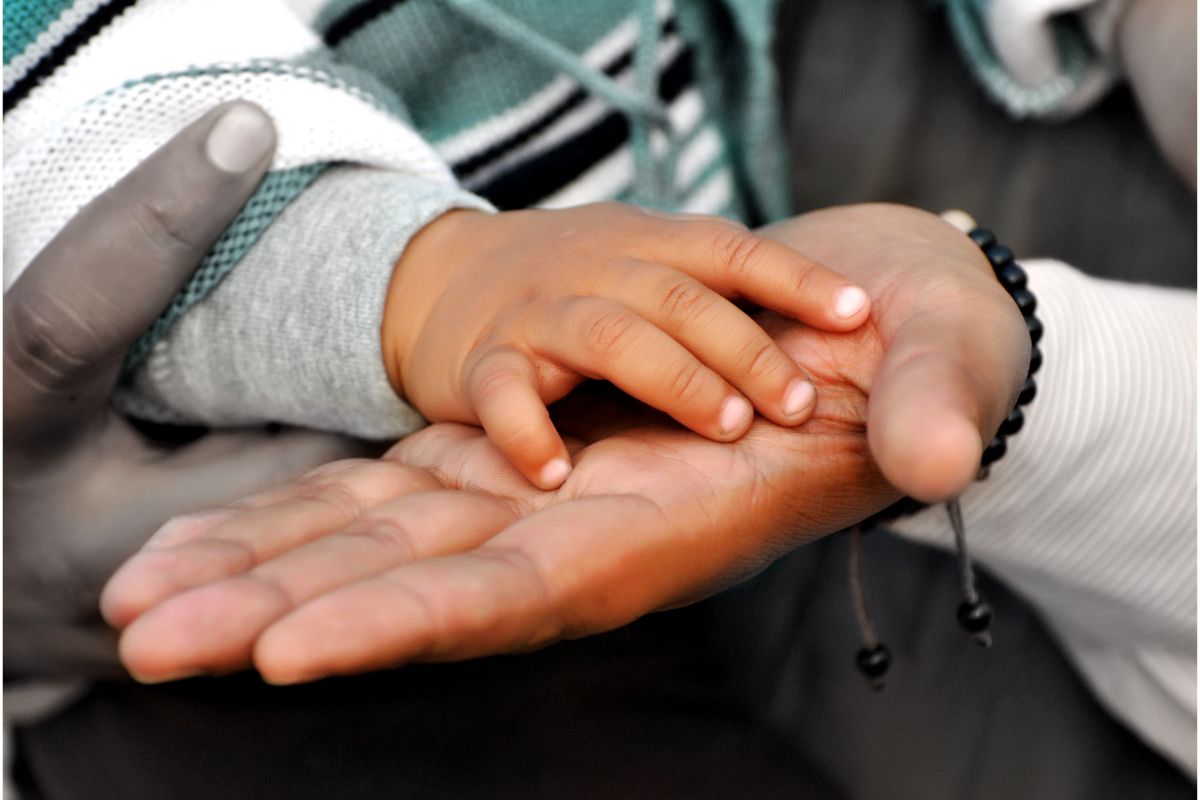
Natural disasters cause harm to families and communities and many children experience depression, anxiety, or post-traumatic stress disorder as a result of the experience.
It is very important to support children during and after the disaster both mentally and physically.
Why Do Children Often Suffer From Mental Health Issues After A Disaster?
A lot of people are affected emotionally by a natural disaster, however, it is often a lot harder for children to cope with it for many different reasons, including:
- Children understand less about the situation, so it is more difficult to deal with.
- Children feel less in control so they feel less able to control events that happen around them.
- They have less experience with dealing with stress and stressful situations.
- They are less able to communicate their feelings and talk them through so this may develop into fear and anxiety.
Children who have certain mental, emotional, or behavioral disorders prior to natural disasters are more vulnerable when it comes to the disaster happening.
Children with autism are often more likely to suffer from problems after a disaster because they have difficulty communicating their feelings.
It is important to ensure that you help your children to deal with traumatic events.
How To Help Children Before A Natural Disaster
- Before a natural disaster, you should ensure that you discuss plans for what you should do in the emergency and include your child in these plans. Make up some emergency supply kits with your child and make sure they’re aware of the emergency action plans.
- Ensure that you have a plan that means that children are reunited with their family members as soon as possible. Make sure you have a meeting location, such as a community center in case you cannot meet back at your home.
- Learn about the drills that your child experiences at school for emergencies such as fires. Mimic these plans in your procedures to ensure the child is familiar with the way that disasters are handled.
How To Help A Child After A Natural Disaster
- You should make sure to answer any questions that your child has simply and calmly. Encourage them to ask questions, too. You should make sure that you correct any misinformation surrounding the event that your child is displaying.
- Give your child opportunities to talk through the event that they have been through. Ask them questions and encourage them to ask questions to you.
- Try to reduce the stress for your child. It is important to keep up your daily routine and set an example for your child by managing your own stress.
- You should give your child opportunities to talk through the events.
- Make sure that your child is with people who make them feel safe and looked after.
- You should make sure that your child doesn’t see any of the media coverage of the natural disaster as this can be very upsetting.
- Make sure that you work alongside the child’s teacher or any other adults that they spend regular time with to share information with you about how your child is coping.
Put Media Coverage In Context
It is very important to protect your child from the media coverage that will likely cover the natural disaster that your child has experienced. This can last for days or weeks after the event and so it is important to explain this to your child.
The attention that the natural disaster is given is very confusing to children. You should use the opportunity to talk to your child about the rarity of natural disasters and the reason for people’s interest in them.
Listen
Listening to your child when they express their feelings and validating their feelings is very important in their recovery. You need to ensure that you give your children space to express themselves and talk through any distress that they are feeling.
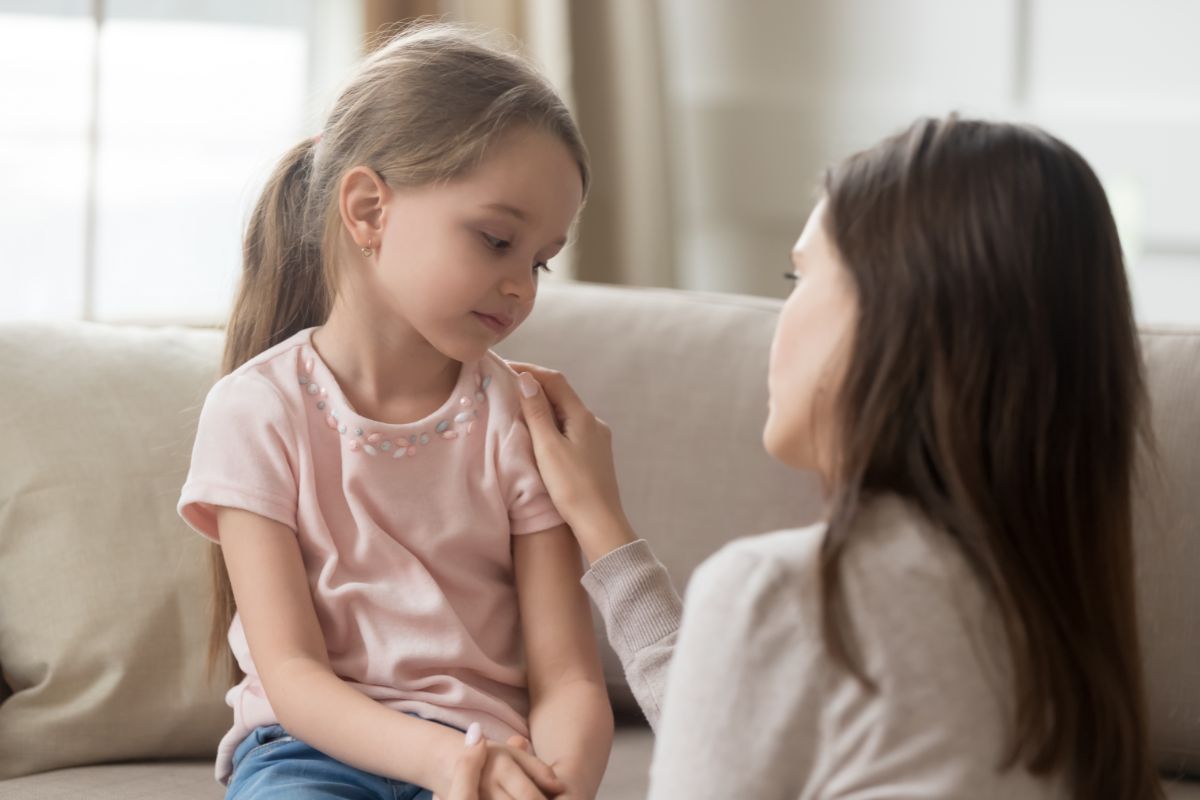
Never shut down your child when they are talking about a natural disaster that they have experienced. Make sure that you normalize their reaction, without making them feel invalidated.
You should make sure not to pretend that nothing has happened, no matter how hard it is for you to talk through the natural disaster over and over again.
When Should You Seek Professional Help?
In most cases, your child will deal with the distress that they experience from a natural disaster over time and often they are more likely to ask questions and talk to their parents and guardians about it.
However, on some occasions, a natural disaster can have a very big effect on the distress of the child.
If your child has been displaying signs of distress for over 3 months after everything has returned to normal, then you should seek professional help.
There are plenty of different places where you can get this support from. It is a good idea to talk to your child’s doctor first to see what advice they give.
While a child’s reactions to a disaster are often very varied, there are certain things that you should look out for in a child. You should seek professional help if you notice any of these things:
- Your child gets upset, fearful, or anxious for a long period of time.
- Your child’s problems worsen over time and do not get better.
- Your child is having trouble with their relationships or schoolwork.
It can be very difficult to support a child who is coping with a disaster. Make sure you seek professional help wherever you feel like you need it.
Final Thoughts
It is very important to make sure that you support your child in their recovery from a natural disaster.
While children are very resilient, a natural disaster can cause them some stress and anxiety, and it is important to ensure that you help them to deal with the consequences of this disaster.
- How To Make A Quick And Easy DIY Toilet For Camping - September 19, 2022
- How To Use A Knife For Self Defense - September 19, 2022
- How To Help The Elderly Recover From A Disaster - September 19, 2022

